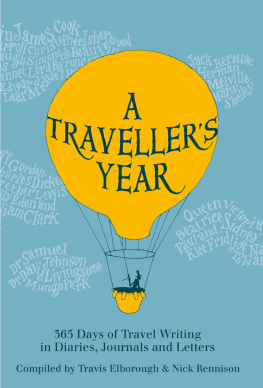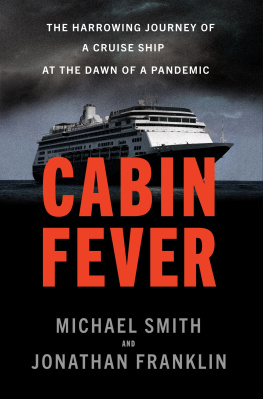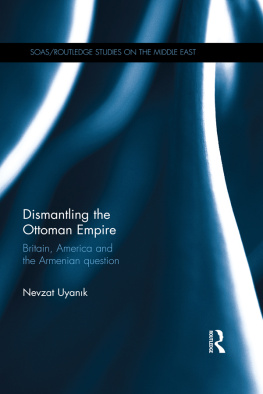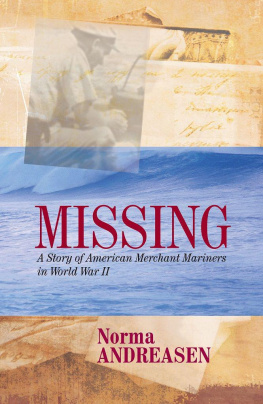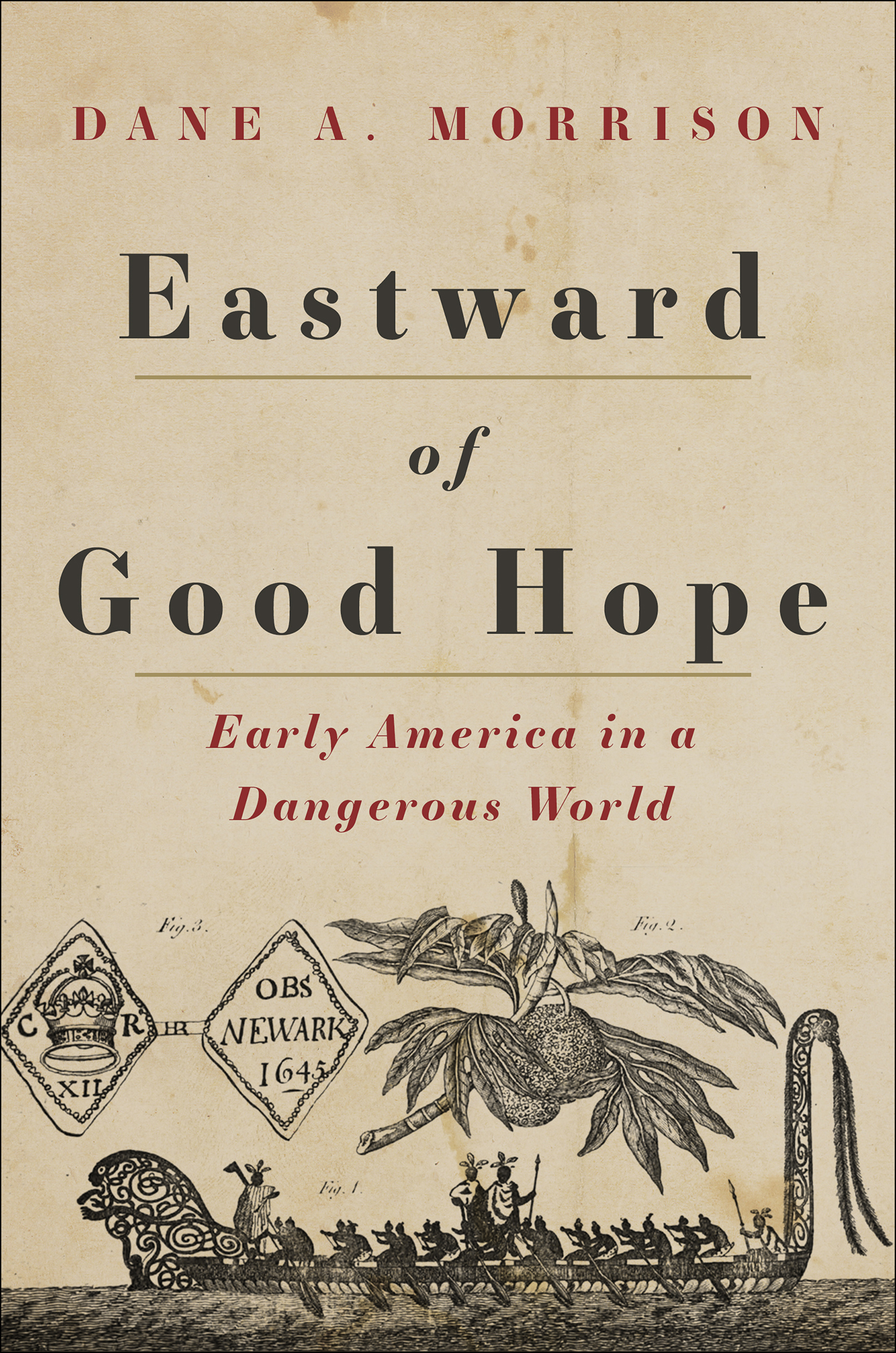Dane A. Morrison - Eastward of Good Hope: Early America in a Dangerous World
Here you can read online Dane A. Morrison - Eastward of Good Hope: Early America in a Dangerous World full text of the book (entire story) in english for free. Download pdf and epub, get meaning, cover and reviews about this ebook. year: 2021, publisher: Johns Hopkins University Press, genre: Politics. Description of the work, (preface) as well as reviews are available. Best literature library LitArk.com created for fans of good reading and offers a wide selection of genres:
Romance novel
Science fiction
Adventure
Detective
Science
History
Home and family
Prose
Art
Politics
Computer
Non-fiction
Religion
Business
Children
Humor
Choose a favorite category and find really read worthwhile books. Enjoy immersion in the world of imagination, feel the emotions of the characters or learn something new for yourself, make an fascinating discovery.

- Book:Eastward of Good Hope: Early America in a Dangerous World
- Author:
- Publisher:Johns Hopkins University Press
- Genre:
- Year:2021
- Rating:3 / 5
- Favourites:Add to favourites
- Your mark:
Eastward of Good Hope: Early America in a Dangerous World: summary, description and annotation
We offer to read an annotation, description, summary or preface (depends on what the author of the book "Eastward of Good Hope: Early America in a Dangerous World" wrote himself). If you haven't found the necessary information about the book — write in the comments, we will try to find it.
How did news from the Eastcarried in ship logs and mariners reports, journals, and correspondenceshape early Americans understanding of the world as a map of dangerous and incoherent sites?
Freed from restrictions of British mercantilism in the years following the War of Independence, Yankee merchants embarked on numerous voyages of commerce and discovery into distant seas. Through the news from the East, carried in mariners reports, ship logs, journals, and correspondence, Americans at home imagined the world as a map of dangerous and deranged places. This was a world that was profoundly disordered, hobbled by tyranny and oppression or steeped in chaos and anarchy, often deadly, always uncertain, unpredictable, and unstable, yet amenable to American influence.
Focusing on four representative arenasthe Ottoman Empire, China, India, and the Great South Sea (collectively, the East Indies, Oceana, and the American continents Northwest coast)Eastward of Good Hope recasts the relationship between America and the world by examining the early years of the republic, when its national character was particularly pliable and its foundational posture in the world was forming. Drawing on recent scholarship in global ethnohistory, Dane A. Morrison recounts how reports of cannibal encounters, shipboard massacres, shipwrecks, tropical fever, and other tragedies in distant seas led Americans to imagine each region as a distinct set of threats to their republic. He also demonstrates how the concept of justification through self-doubt allowed for aggressive expansionism and for the foundations of imperialism to develop.
Morrison reconsiders American ideas about the world through three questions: How did British Americans imagine the world before independence allowed them to travel Eastward of Good Hope? What were the signal encounters that filled the public sphere in their early years of global encounter? And finally, how did Americans contacts with other peoples inflect their ideas about the world and their place in it? Written in a lively, engaging style, Eastward of Good Hope will appeal to scholars and the general public alike.
Dane A. Morrison: author's other books
Who wrote Eastward of Good Hope: Early America in a Dangerous World? Find out the surname, the name of the author of the book and a list of all author's works by series.

